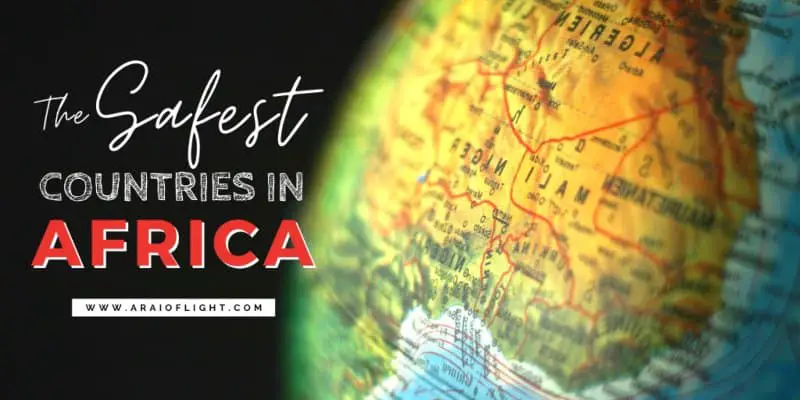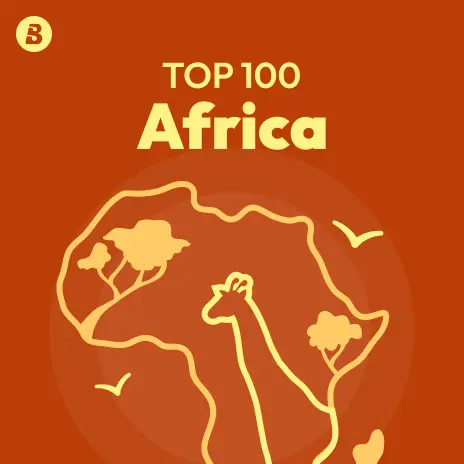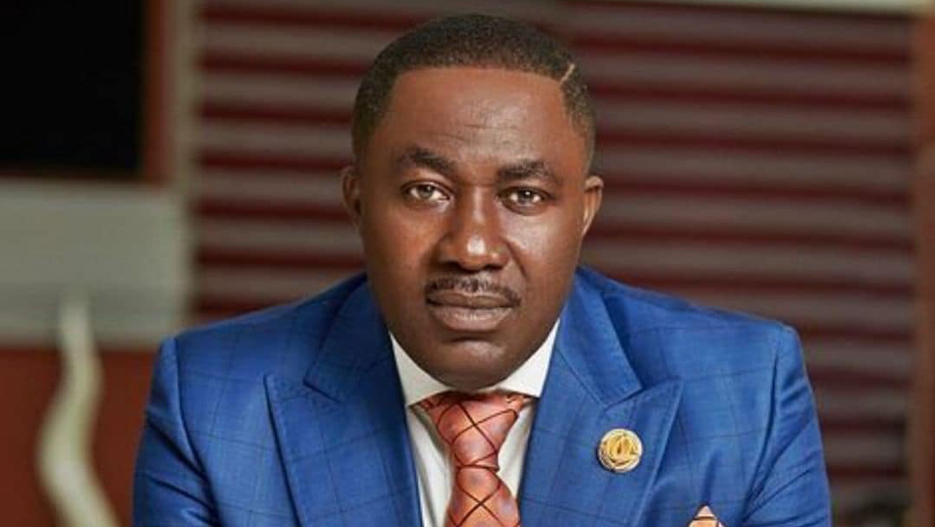|
Getting your Trinity Audio player ready...
|
Are you interested in traveling to Africa but unsure about the safest destinations? One way to assess safety is by considering the Global Peace Index (GPI), which ranks countries from 1 (safest) to 5 (least safe). Keep in mind that while GPI provides insight, it shouldn’t be the sole factor in your decision. Some highly visited countries like France (ranked 67 with a score of 1.939) and the USA (ranked 131 with a score of 2.448) have lower safety rankings.
In this article, we will compile a list of the 10 most secure nations in Africa presently, providing valuable information for travelers to make well-informed choices. Within these secure destinations, tourists can divert their attention away from potential risks and immerse themselves in the breathtaking landscapes and untamed splendor that Africa offers.
1. Mauritius
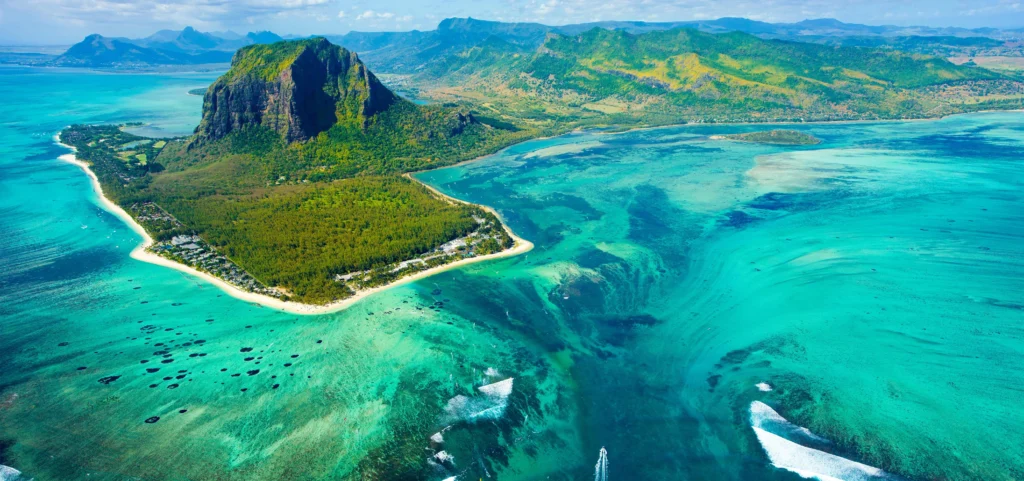
Why visit Mauritius
Mauritius, located in the southwest of the Indian Ocean near Africa’s southeast coast, is considered the safest country in Africa. In 2023, it moved up in the global safety ranking to become the 23rd safest country, boasting a GPI score of 1.546. To put this in perspective, Afghanistan, the most dangerous country, has a GPI of 3.448, while Iceland, the safest, has a GPI of 1.124.
Criminal activity in Mauritius is rare, and serious crimes are uncommon. While minor incidents like pickpocketing can occur, they are mostly limited to areas popular with tourists. While Mauritius is generally safe for women, it’s advisable to exercise caution, as you would anywhere else.
The number of visitors to Mauritius has increased by 72.09% compared to 2019 and is expected to reach 90% to 95% of pre-pandemic levels by the end of 2023.
However, one of the main threats on the island is natural disasters, particularly cyclones. Cyclone season occurs from November to May and can cause significant property damage. It’s always recommended that visitors follow warnings and local guidance during these times.
2. Botswana
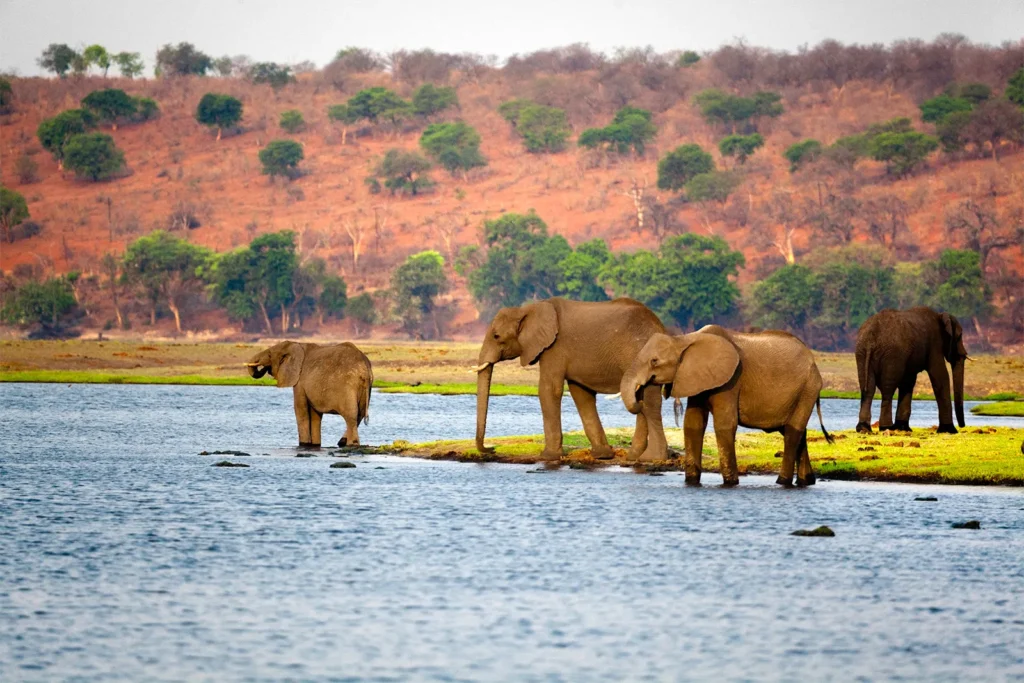
Botswana is the second safest country in Africa, as per the Global Peace Index, and it’s located in Southern Africa. Despite starting as one of the world’s poorest nations when it gained independence in 1966, it has since become one of the fastest-growing economies.
Botswana is ranked as the 42nd safest country globally, just behind Vietnam and ahead of South Korea. Notably, its GPI score improved from 1.801 in 2022 to 1.762 in 2023.
While incidents involving tourists like scams and attacks are rare in Botswana, occurrences like purse snatching, muggings, and car thefts may happen. Therefore, tourists should stay alert and cooperate if they encounter such situations.
For those looking for an African safari experience, Botswana is the safest choice in Africa. It not only offers safety but also an exceptional safari experience.
In the first three months of 2022, Botswana had 175,699 foreign arrivals, with 90.1% (158,284 individuals) being international tourists.
Travel advice for the country often emphasizes the need to be cautious around wildlife, with crime being a minor concern.
3. Sierra Leone
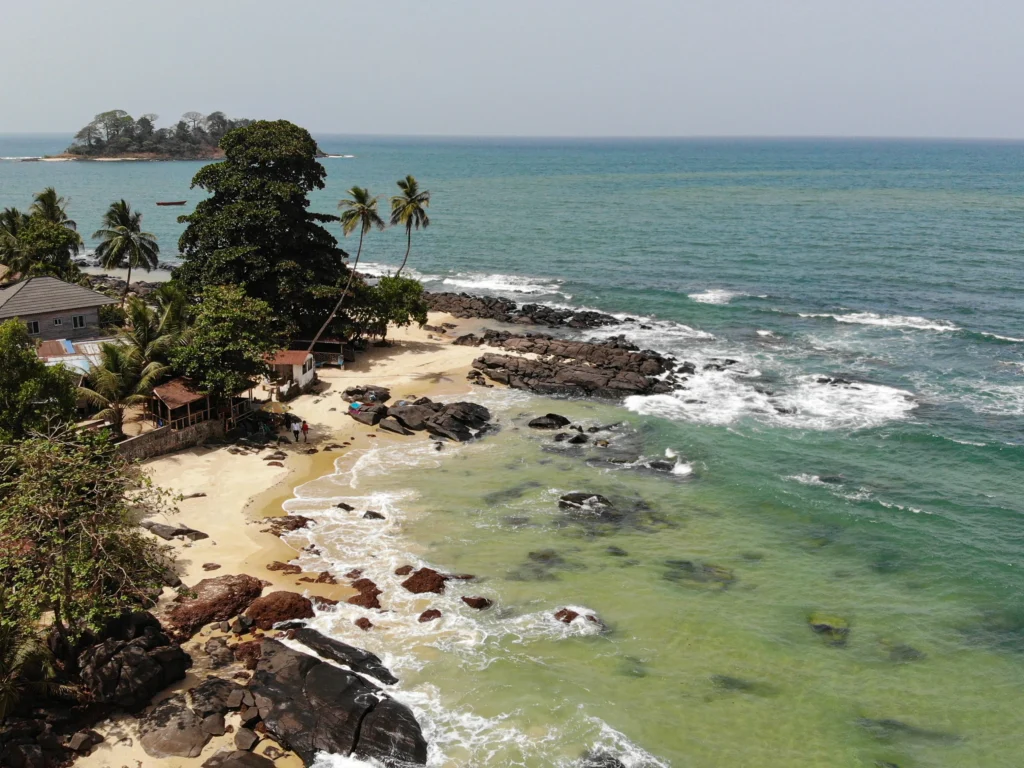
Sierra Leone, with a 2023 GPI score of 1.792, follows closely behind Botswana. It was a British Crown Colony from 1808 until gaining independence in 1961. Despite being a Commonwealth member, it’s considered the poorest.
In 2022, Sierra Leone ranked as the 50th safest country globally but improved to 47th place in 2023, showing a positive trend in its GPI over the last four years.
Sierra Leone is known for its friendly atmosphere but also faces a relatively high crime rate. Common threats to tourists include pickpocketing and occasional armed muggings. However, most visitors complete their journeys without any issues.
While Sierra Leone has made progress in democracy, it can experience periods of political instability. In 2022, some cities saw violent demonstrations, so visitors should avoid political gatherings and follow local regulations.
According to the U.S. State Department, Sierra Leone has frequent violent crimes like robbery and assault, especially in the capital, Freetown. The local police often struggle due to limited resources in dealing with serious crimes.
While Sierra Leone may not be as safe as Botswana or Mauritius, its crime rate is lower than many other African nations.
4. Ghana

Ghana, with a 2023 GPI score of 1.799, ranks fourth. It’s in West Africa, situated between the Ivory Coast and Togo. In 2018, Ghana was among the top 10 fastest-growing economies globally and currently has the second-largest economy in West Africa.
Ghana is the 51st safest country globally. Compared to some other African nations, it has relatively low crime, but incidents from minor to serious can occur. Tourists are advised not to display valuable items and to be vigilant after dark, especially on beaches where theft or even violent attacks can be more likely.
Like many tourist-friendly places, Ghana has a significant risk of scams. People should be cautious about offers involving money, whether from supposed friends, romantic interests, or business opportunities.
Around 90,000 British nationals visit Ghana each year, with most trips going smoothly despite some crime.
The U.S. Department of State recommends caution in certain areas, especially the northern border, when visiting border regions.
5. Senegal
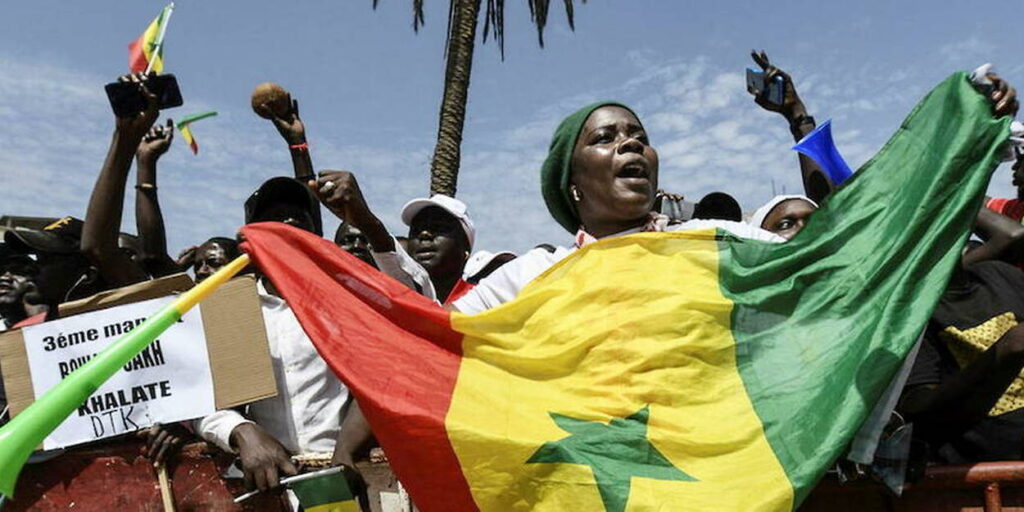
Senegal is the fifth safest country in Africa, with a GPI of 1.827, and globally it ranks 52nd in terms of peace. Situated in West Africa along the Atlantic Ocean, Senegal has a smaller economy.
Senegal is generally safe for tourists, but it’s advisable to be cautious during your visit. Petty crimes are common, and although they can sometimes escalate to violence, incidents of violence against foreigners, terrorism, and political unrest are rare.
For solo female travelers, Senegal is usually considered a safe destination, but it’s essential to stay alert and aware of your surroundings. As a general rule, avoid walking at night and dress modestly.
Interestingly, the U.S. State Department, which tends to be cautious, rates Senegal as a Level One travel advisory, which is a lower warning level than some countries often perceived as safer, like France.
However, other nations recommend their citizens exercise a higher level of caution when visiting Senegal.
6. Madagascar

Madagascar, one of the largest islands, still faces significant poverty. Surprisingly, with a GPI of 1.846, it’s the sixth safest country in Africa, ranking 12 spots higher than France in 2023!
In just one year, Madagascar has jumped from the 84th to the 55th position in the peace ranking.
Crime rates in Madagascar are generally lower compared to many other African countries. However, political instability has led to increased crime, including robberies, muggings, and car thefts. Be especially cautious of pickpockets in markets and transit areas.
According to the US State Department, Madagascar falls under Level 2, advising individuals to exercise increased caution.
Stay aware of your surroundings and avoid carrying large sums of money. By following these precautions, as many tourists have, your stay should be trouble-free!
7. Namibia

Namibia, located in southwestern Africa with a dry climate and low population density, is known for its mineral wealth. It ranks as the sixth safest country in Africa, with a GPI of 1.859.
Namibia has made impressive progress in global safety rankings, moving from 68th place in 2022 to 56th in 2023. However, there is a need for caution regarding muggings, especially when dealing with cash near ATMs. These incidents mostly occur outside city centers, and sometimes taxi drivers are involved.
Namibia’s residents are known for their friendliness toward people of all races and warmly welcome tourists to their predominantly peaceful country. It’s highly recommended for solo female travelers and is considered one of the safest African nations for solo trips.
In Namibia, concerns like dehydration and encounters with local desert wildlife are generally more significant than crime.
Similar to Senegal, the U.S. State Department has given Namibia a Level One travel advisory, signifying that it’s relatively safe to visit.
8. The Gambia

With a GPI of 1.888, The Gambia may not be at the top of the safety scale, but it’s still safer than many other African nations. The Gambia is one of the poorest countries in Western Africa.
It’s important to note that The Gambia’s global safety ranking dropped from 45th place in 2022 to 59th place in 2023. In general, The Gambia is a safe destination for travelers. While the country reports a high crime rate, these are mostly minor offenses like pickpocketing. Visitors are advised to keep their valuables hidden and secure. Serious crimes like violent attacks and muggings are relatively rare.
Corruption is also a challenge in The Gambia. There have been cases where unsuspecting tourists are offered marijuana and then confronted by police officers demanding bribes. Scammers target tourists as well, often with the aim of extorting money.
The U.S. State Department’s travel advisory places The Gambia at Level 2, suggesting visitors exercise increased caution.
9. Zambia
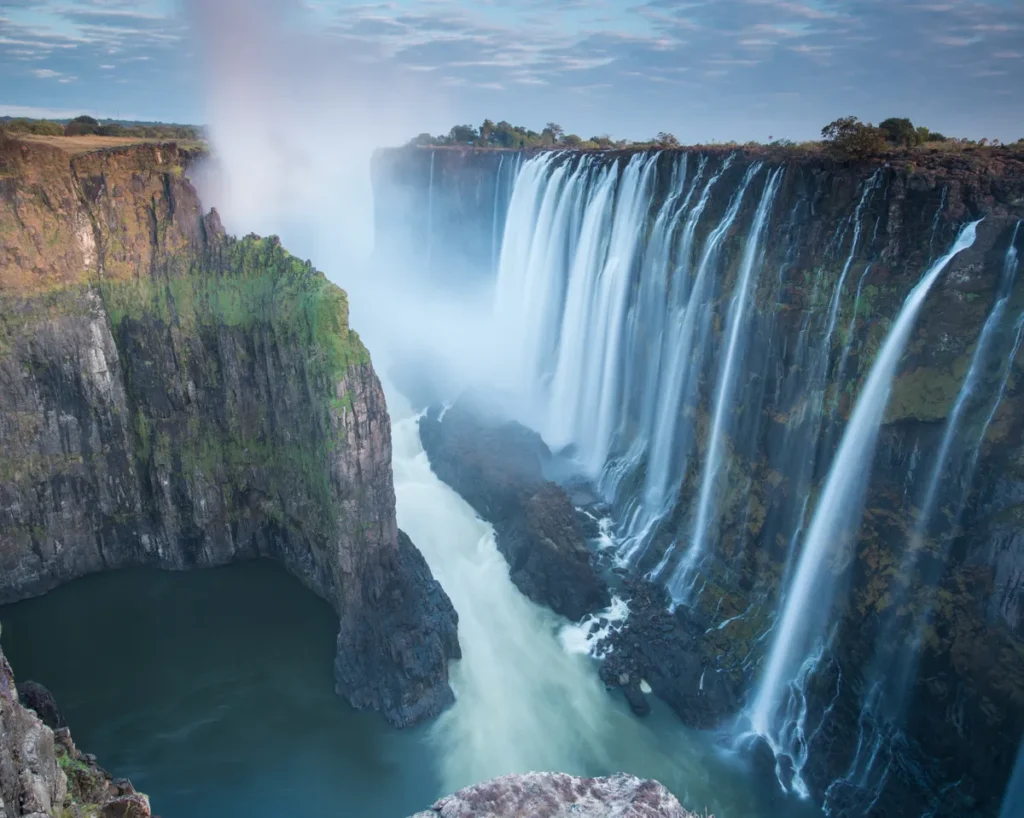
Zambia has a GPI of 1.898, making it slightly less safe than The Gambia but still reasonably secure. This large, landlocked country in Southern Africa, rich in resources, is generally safe for visitors compared to other African countries. However, there is a possibility of encountering thieves in cities and popular tourist areas, so taking sensible precautions is advised.
Minor crimes like pickpocketing or bag snatching can happen, especially around bus and train stations. Some petty crimes are also reported in local nightclubs, certain shopping areas in Copperbelt and Lusaka towns, and other major cities.
Compared to many other African nations, Zambia is relatively safe for solo female travelers. As the society is predominantly male and conservative, female visitors are encouraged to dress modestly, particularly in rural areas.
In general, Zambia is a safe country, and locals are usually welcoming and friendly to tourists. Nevertheless, it’s always a good idea to stay alert and cautious!
10. Liberia

Liberia, located in West Africa, is known for its rainforests, tropical birds, and great surfing beaches. It ranks as the tenth safest African nation with a GPI of 1.946.
Since the end of the civil conflict in 2003, Liberia has been steadily becoming more stable. Collaborations between the Liberian government, the United Nations, and the global community are working towards ensuring further stability and progress.
Despite these improvements, occasional public protests and demonstrations still occur. It’s best to stay away from such events, political rallies, and crowded places.
The U.S. State Department advises individuals to be more cautious in Liberia due to instances of crime and sporadic civil unrest. In summary, violent crimes like armed theft are not uncommon, especially in urban areas.
Nevertheless, despite these challenges, Liberia is considered safer than even the United Arab Emirates (which has a GPI of 1.979).

